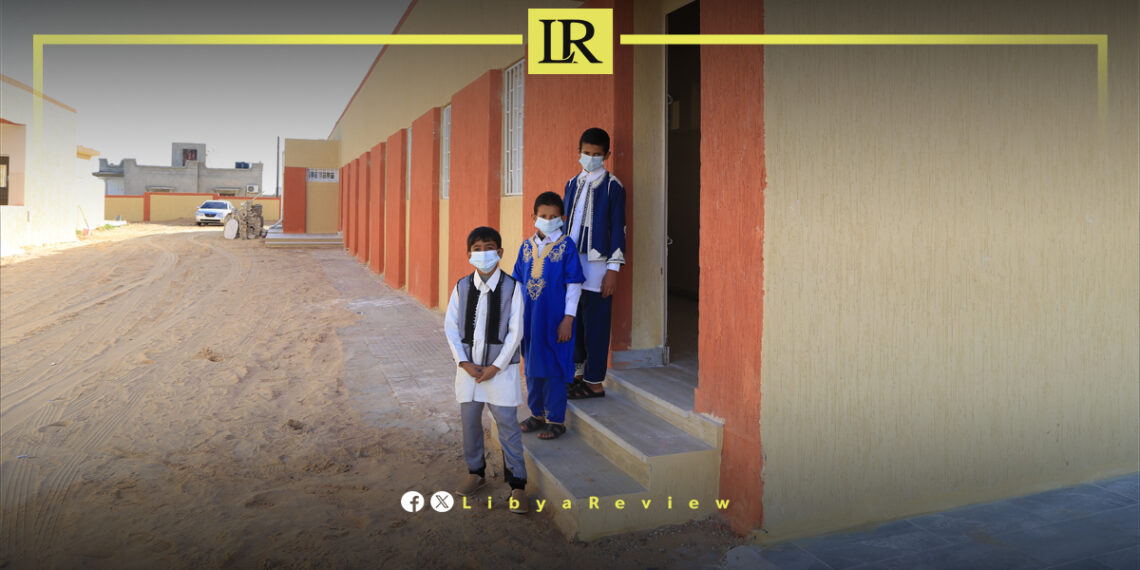A recent analytical study from the Faculty of Economics and Political Science at Misrata University, examining the Libyan economy from 2012 to 2024, reveals that 32.4% of Libyan households live below the poverty line.
The study highlights that 1.9% of households endure extreme poverty, while approximately 30.5% fall under the absolute poverty threshold. The extreme poverty line is set around 950 Libyan Dinars, whereas the absolute poverty threshold is about 2350 Libyan Dinars.
The research utilized quantitative methods to determine poverty levels, employing the Cost of Basic Needs approach based on actual spending aligned with minimum calorie requirements.
One of the main reasons for the rising cost of living in Libya has been the increase in the exchange rate on the parallel market. Additionally, a surge in the money supply, particularly between 2015 and 2020, coupled with a rise in the global price index from 2021 to 2023, has exacerbated poverty conditions in Libya.
Libya has been in chaos since a NATO-backed uprising toppled longtime leader Muammar Gaddafi in 2011. The county has for years been split between rival administrations.
Libya’s economy, heavily reliant on oil, has suffered due to the ongoing conflict. The instability has led to fluctuations in oil production and prices, impacting the global oil market and Libya’s economy.
The conflict has led to a significant humanitarian crisis in Libya, with thousands of people killed, and many more displaced. Migrants and refugees using Libya as a transit point to Europe have also faced dire conditions.
The planned elections for December 2021 were delayed due to disagreements over election laws and the eligibility of certain candidates. This delay has raised concerns about the feasibility of a peaceful political transition.
Despite the ceasefire, security remains a significant concern with sporadic fighting and the presence of mercenaries and foreign fighters. The unification of the military and the removal of foreign forces are crucial challenges.


